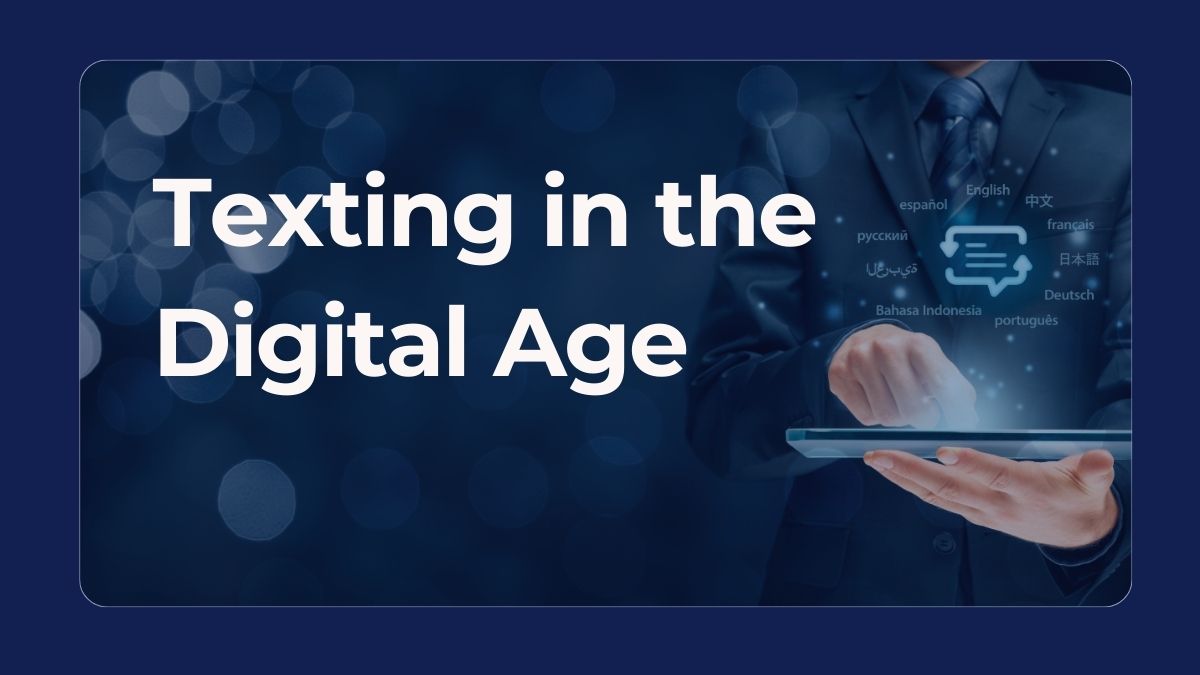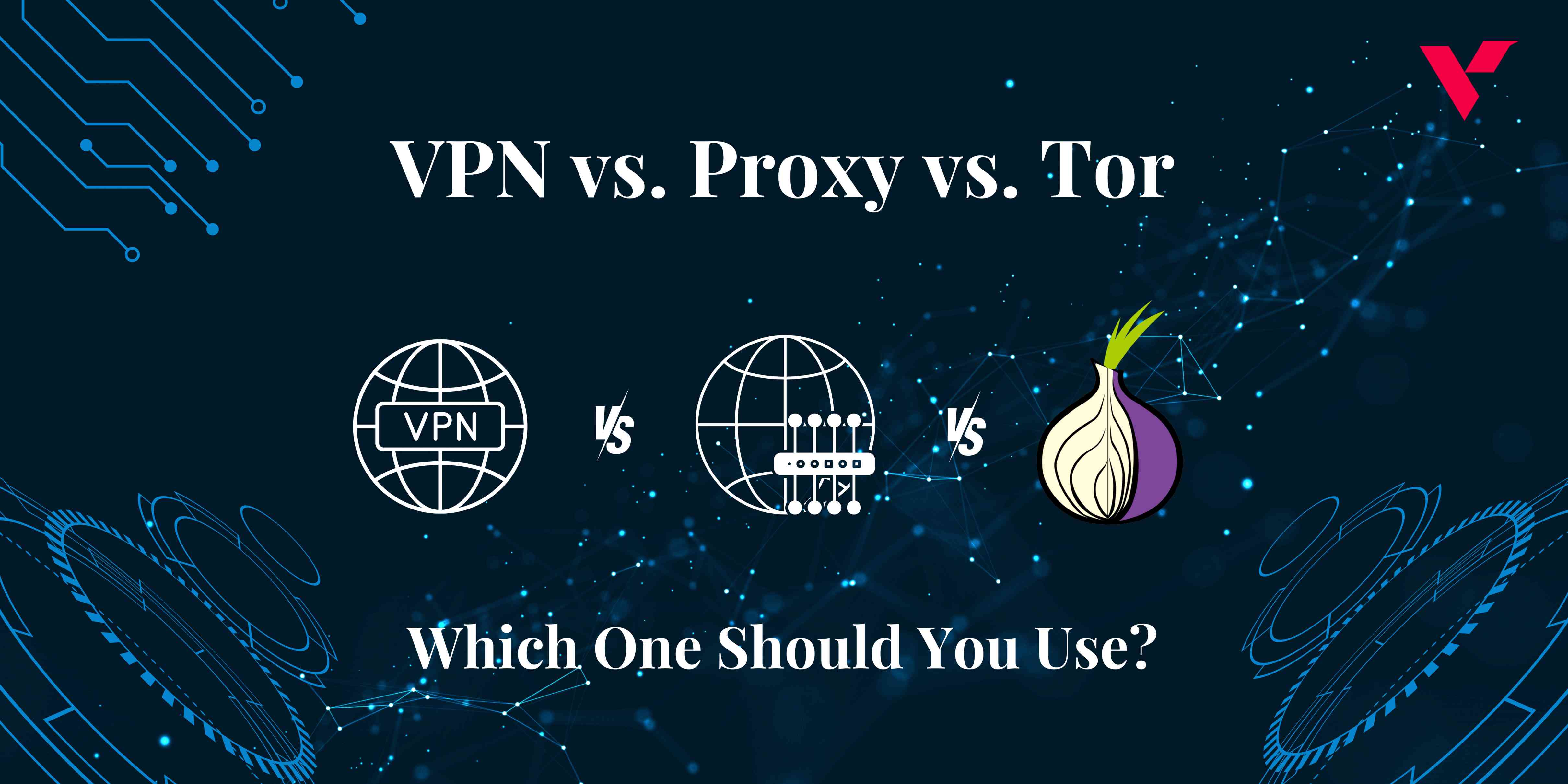Popular Tools by VOCSO
With the digital landscape evolving at lightning speed, staying relevant has become a critical challenge for businesses. Innovations in communication technology have significantly altered the way companies interact with customers. Text messaging, once an overlooked method in business dialogues, has emerged as a direct and personal way to engage audiences. By leveraging texting, organizations can foster immediacy and intimacy with consumers that other platforms struggle to match. Below, we delve into the multifaceted role of Texting in the Digital Age and its transformative impact on modern business strategies.
Table of Contents
Incorporating Text Messaging Into Customer Engagement Strategy
Integrating text messaging into a business’s customer engagement strategy can reap significant rewards. Texts have open rates surpassing 90%, dwarfing email read rates. Furthermore, SMS isn’t as cluttered as email and has a lower chance of getting lost amid other messages. This high engagement suggests that when content is delivered via text, customers are more likely to see and act on it.
Customized promotions sent through text can elicit immediate action from consumers. Short, clear messages accompanied by special offers or urgent calls to action can boost sales during time-sensitive campaigns. By targeting messages based on customer behavior or demographics, brands forge deeper connections through personal relevance.
Key texting reasons for businesses include improving audience engagement involving marketing messages, educational content, and service reminders. This cements the idea that the brand values the customer beyond the transactional relationship. Transparent communication about anticipated delivery times or service disruptions can enhance trust and loyalty.
Enhancing User Experience
Texting has revolutionized customer support by providing convenience and speed. Traditional channels, such as lengthy phone calls or email threads, can frustrate customers seeking quick solutions. Text messages can reduce these inconveniences, enabling immediate support and fostering a positive customer experience.
Automated texts, equipped with chatbot technology, can resolve standard queries without human intervention. This instantaneity in customer service circles can significantly enhance customer satisfaction. Moreover, texting as a support option offers discretion and privacy, which customers appreciate in public spaces or work environments.
Follow-up support messages post-interaction can also help keep the customer informed and engaged. Proactive support, such as sending troubleshooting tips or satisfaction surveys via text, exemplifies a thoughtful and proactive approach to customer care, which is vital for retaining customers in a competitive market.
Compliance and Etiquette in Business Texting Practices
As business texting becomes more prevalent, adhering to compliance and etiquette is imperative. Legal aspects, like the Telephone Consumer Protection Act (TCPA) regulations, govern how businesses communicate with customers via text. This includes obtaining prior consent and including opt-out instructions in messages to respect customer privacy.
Business texting etiquette is equally important for maintaining professionalism. Texts should reflect a brand’s voice yet remain concise and free of industry jargon. Timing of messages is another critical factor; texts should be sent during appropriate hours to avoid inconveniencing clients.
Besides legal and ethical considerations, businesses must invest in secure texting platforms to protect customer data. With rising cyber threats, encryption and compliance with data protection laws are crucial. Safe texting practices help build trust, as customers feel more comfortable sharing personal information over a secure channel.
Measuring the Impact of Texting on Business Growth and Customer Retention
The impact of texting on business metrics cannot be overstated. Data shows that businesses that use SMS effectively can see increased growth and retention rates. By examining the response rates and engagement levels of text campaigns, companies can quantify the success of their strategies.
Texting provides a direct line to customer feedback, which is essential for improving products and services. When companies swiftly adjust based on customer insights, they demonstrate adaptability and customer-centricity, which are key drivers of loyalty and referrals.
Moreover, conversion tracking through texting campaigns can inform ROI calculations and marketing spending. Launching a text outreach initiative is one thing; it’s another to understand precisely how it translates to sales and repeat business. Analytics provided by texting platforms can measure these metrics accurately.
Overall, the strategic application of text messaging in business practices speaks to a broader trend of personalized, data-driven customer engagement. As businesses adapt to consumer preferences for instant, effortless communication, texting is essential. Embracing this method wisely, with a keen eye on compliance and etiquette, can significantly boost customer satisfaction, streamline operations, and elevate a brand’s standing in a crowded digital marketplace.
The Role of SMS in Cross-Channel Marketing
In today’s marketing landscape, businesses use multiple channels to engage with their audiences. SMS can act as a central component of a well-rounded cross-channel strategy.
SMS as a Bridge Between Channels
Text messages can drive traffic to other platforms, such as social media, websites, or mobile apps. For instance, businesses can send SMS alerts about new posts on Instagram or exclusive content on YouTube. Similarly, an SMS with a link to an ongoing sale can bring customers directly to an e-commerce platform.
This cross-channel synergy ensures that customers encounter consistent messages across platforms, reinforcing brand recognition and boosting engagement. Moreover, SMS acts as a quick reminder tool for consumers who may have missed an email or a social post, ensuring that your campaign reaches its intended audience.
Synchronizing Campaigns Across Platforms
Using SMS alongside email and social media campaigns ensures consistency in messaging. For example, an e-commerce store launching a seasonal sale might send an email with detailed offers, a social media post highlighting trending items, and an SMS with a link to the sale page. This synchronization maximizes the chances of reaching customers through their preferred medium.
Additionally, SMS can serve as a way to rescue abandoned shopping carts, particularly in e-commerce. For example:
“Hi [Name], your cart is waiting! Complete your purchase today and enjoy 10% off with code SAVE10.”
By integrating SMS into a broader marketing framework, businesses can create a seamless customer journey that enhances the overall experience.
Educational Applications of SMS
Text messaging isn’t limited to businesses and marketing; it’s increasingly used in the education sector for efficient communication.
Student Engagement
Educational institutions use SMS to send reminders about deadlines, exam schedules, or class cancellations. For instance, universities can send out texts like:
“Reminder: Your final project is due tomorrow. Submit it through the portal by 5 PM.”
These timely updates help students stay organized and minimize missed opportunities. Additionally, SMS can be used to deliver motivational messages or study tips, fostering a supportive environment for learners.
Parent and Teacher Communication
Schools and colleges also use SMS to maintain communication with parents. Updates on student progress, PTA meetings, or important announcements can be conveyed swiftly. This fosters stronger relationships between educational institutions and families while keeping parents actively involved in their child’s education.
Promoting Online Learning Platforms
For online courses and e-learning platforms, SMS can boost enrollment and engagement. Sending personalized course recommendations or reminders for upcoming classes ensures higher participation rates and improved learner satisfaction.
Scaling International Business with SMS
For businesses operating globally, SMS is an effective tool to connect with international customers.
Breaking Language Barriers
SMS platforms now offer translation features, enabling businesses to send messages in a customer’s native language. This personalization fosters better engagement and builds trust, as customers are more likely to respond positively to messages they can understand.
Adjusting to Local Time Zones
Automation tools allow businesses to schedule SMS campaigns according to local time zones. This ensures messages are received at convenient times, improving the likelihood of engagement. For example, a morning promotional message in one region can be scheduled as an afternoon alert in another, aligning with customers’ daily routines.
Overcoming Connectivity Challenges
In regions with limited internet access, SMS serves as a reliable means of communication. Businesses can reach customers who may not have access to emails or apps, ensuring inclusivity in their marketing strategies. This approach is particularly effective in emerging markets, where SMS remains a dominant communication tool.
Encouraging Social Responsibility Through SMS
As businesses focus on building a positive brand image, SMS campaigns can be used to promote social responsibility initiatives.
Raising Awareness
SMS campaigns can spread awareness about charitable causes, sustainability initiatives, or community programs. For instance:
“Join us in supporting [Charity Name]! Donate now and help us make a difference.”
Short, impactful messages like these can inspire action, particularly when tied to specific events or campaigns.
Engaging Customers in Philanthropy
Businesses can encourage customers to participate in social responsibility efforts. For example, a company might send a text offering to plant a tree for every purchase made during a specific period. This not only boosts sales but also aligns the brand with environmentally friendly practices, enhancing its reputation.
Partnering with Non-Profits
SMS can also be used to coordinate fundraising efforts with non-profits. Messages can include links to donation pages or updates on campaign progress, keeping donors engaged and informed.
Enhancing Internal Collaboration with SMS
SMS isn’t just for external communication; it can also streamline internal operations.
Instant Team Updates
In fast-paced environments, SMS can ensure that team members stay updated on critical developments. For example, an event management company could use group texts to coordinate tasks among team members during an event.
Supporting Remote Teams
For remote teams, SMS can complement other tools like email or project management software. Quick reminders or urgent updates sent via SMS ensure no one misses critical information. This is particularly helpful for employees working in different time zones or those who may not always have access to their email.
Celebrating Team Achievements
Acknowledging employee milestones or team successes through SMS fosters a sense of community. For example:
“Congratulations to the sales team for surpassing this quarter’s targets! Keep up the great work!”
These small gestures of recognition can boost morale and strengthen team cohesion.
Emergency Alerts
In situations like power outages or urgent deadlines, SMS can serve as a reliable communication tool. Its immediacy ensures that all team members are informed promptly, minimizing disruptions to operations.
Future Trends in Business Text Messaging
SMS technology continues to evolve, and staying ahead of emerging trends is crucial for businesses aiming to leverage this tool effectively.
Integration with AI and Chatbots
The integration of artificial intelligence (AI) and chatbots into SMS systems is set to revolutionize customer interactions. Automated responses can handle queries efficiently, while AI-driven analytics can offer deeper insights into customer preferences and behavior.
Rich Communication Services (RCS)
RCS, the next generation of SMS, enables multimedia messaging, interactive buttons, and real-time updates within a single text. Businesses adopting RCS can provide richer, more engaging customer experiences, making SMS a more dynamic communication channel.
Eco-Friendly Messaging Practices
As sustainability becomes a key focus, businesses may adopt eco-friendly SMS campaigns. For instance, companies could use SMS to reduce paper usage by digitizing receipts, contracts, and newsletters.
The Psychological Impact of SMS on Customers
Text messages aren’t just functional; they also carry psychological weight that influences customer behavior.
Creating a Sense of Urgency
SMS messages, by nature, feel immediate. When customers receive a text about limited-time offers or exclusive deals, it triggers a sense of urgency that drives action. For instance:
“Hurry! Only 2 hours left to grab 20% off your favorite items. Shop now!”
This sense of urgency can be leveraged effectively during sales campaigns, product launches, or special events to maximize engagement.
Personalization and Emotional Connection
Unlike email or social media posts, text messages feel more personal because they appear directly in a customer’s messaging app. By addressing customers by their names and tailoring messages to their preferences, businesses can create emotional connections that foster loyalty. For example:
“Hi Sarah, we thought you’d love this new collection based on your last purchase!”
Such personalized touches make customers feel valued, enhancing their relationship with the brand.
Leveraging SMS for Feedback and Reviews
Feedback is essential for growth, and SMS provides a quick and easy way to gather it.
Instant Surveys
Businesses can send SMS surveys immediately after a purchase or service interaction to capture fresh customer insights. A simple text like:
“We hope you loved your experience! Rate us on a scale of 1-5 and share your feedback.”
encourages customers to share their opinions without feeling burdened.
Encouraging Online Reviews
Positive reviews are invaluable for brand reputation. Businesses can nudge satisfied customers to leave reviews on platforms like Google or Yelp through SMS. For example:
“Thank you for your purchase! If you enjoyed your experience, we’d appreciate your review here [link].”
By simplifying the process, businesses can increase the likelihood of customers taking action.
Acting on Negative Feedback
SMS also allows businesses to address complaints directly. When a dissatisfied customer provides negative feedback, responding promptly with an apology or solution via text can turn the situation around, showcasing the brand’s commitment to customer satisfaction.
SMS in Crisis Communication
During emergencies, SMS is a lifeline for both businesses and customers.
Keeping Customers Informed
In crises like natural disasters, supply chain disruptions, or health emergencies, businesses can use SMS to keep customers updated. For instance:
“Due to unforeseen weather conditions, your delivery may be delayed. We’ll keep you posted with updates.”
Such proactive communication reduces customer anxiety and demonstrates reliability.
Supporting Employees
Internally, SMS can be used to coordinate efforts during emergencies. Quick group texts ensure all team members are on the same page, facilitating smoother operations under pressure.
SMS and Customer Retention
Customer retention is more cost-effective than acquisition, and SMS can play a pivotal role in keeping existing customers engaged.
Loyalty Programs
SMS is an ideal channel for promoting loyalty programs. For instance, a restaurant could send:
“Earn double points on your next visit! Offer valid this weekend only.”
Regular updates on points balances, rewards, and exclusive member offers keep customers invested in the brand.
Re-Engagement Campaigns
Businesses can use SMS to re-engage dormant customers. A text like:
“We miss you! Here’s 15% off to welcome you back. Shop now [link].”
reminds customers of the brand and incentivizes them to return.

















